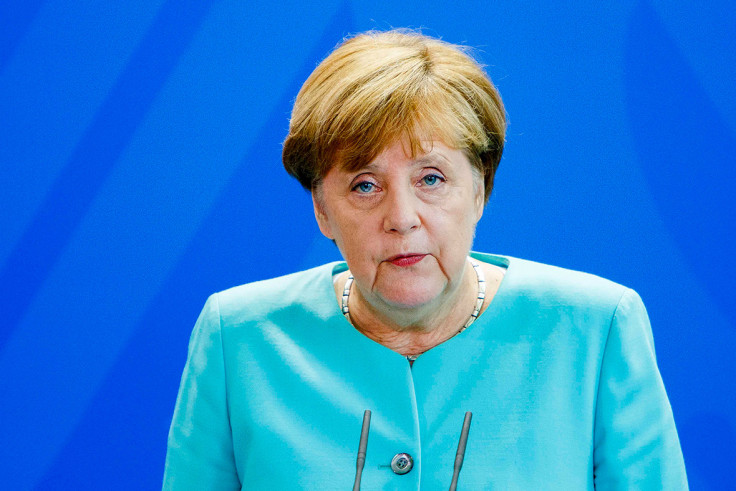Is UK's Brexit decision final? Germany does not seem to think so
UK government should be given time to weigh up the consequences of a Brexit, says German official.
Germany does not seem to think that the decision by the British public to exit the European Union is final - or so it seems. A high ranking official in German Chancellor Angela Merkel's administration has suggested that the UK government should, perhaps, be given time to consider the consequences of a Brexit.
Peter Altmaier, Merkel's Chief of Staff, told a consortium of German regional newspapers, as part of an interview with the Wall Street Journal to be published later on Monday 27 June: "Politicians in London should have the possibility to think again about the fallout from an exit." He said that to leave the bloc now would be a "deep cut with far-reaching consequences."
He also reminded the UK that the process of re-applying for EU membership would take a long time. The Wall Street Journal noted that Merkel has, contrary to other EU leaders, remained calm in her response to the surprising Brexit outcome of the EU referendum, held on Thursday 23 June.
Political and economic instability in the UK not in interests of Germany
She has said that the UK should not be placed under pressure to leave the bloc quickly and that any future arrangement should safeguard the UK's strong trade, security and political ties with the EU. This is in stark contrast to the comments by other leaders urging the UK to commence Brexit talks immediately.

A German official familiar with Merkel's line of thinking said that Berlin assumed that the UK would leave but would prefer it if this outcome could be avoided altogether. According to the WSJ, the official said that any scenario that would threaten the political and economic stability of the UK would not be in Germany's interest.
According to the British Trade Statistics, in 2015 German exports to the UK amounted to £60.7bn ($81.3m; 73.4m euros) - almost twice as much as UK exports to Germany and almost double Chinese and US exports to the UK. Any disruption in trade ties to the UK "would cost Germany dear", says the Wall Street Journal.
The figures from Germany are not much different, either. Britain was Germany's third largest export market last year after the US and France, according to Germany's Federal Statistics Office, the WSJ notes.
The stance therefore from Germany seems to be that the outcome of Thursday's referendum may not be "the last word about the UK's EU membership — or that if it is, London should be offered a generous form of partnership to replace it, the WSJ said.
Merkel's thinking seems to be backed by others. According to Professor Ulrike Geurot, at the European Policy and the Study of Democracy at Danube University in Krems, Australia, Germany's wait-and-see approach to the British referendum could "allow early elections in the UK to take place that could give someone a fresh popular mandate to override the referendum."
She warned: "The alternative, as anyone who has gone through a divorce can tell you, would be a very messy and lengthy split."

Special treatment for UK may spark other countries to seek similar referendum
But there are other concerns. If Britain is treated "leniently" — especially if any suggestion is put forward that it may now be allowed to renegotiate a less onerous version of its membership —it would only push other groups in member states to seek their own referendums on EU membership.
However, Merkel has made it quite clear that she didn't think the negotiations on Brexit should have a deterrent effect. "There is no reason to be particularly nasty during these negotiations. They should be conducted in a rational way," she said in a news conference on Saturday (25 June).
German business leaders have been quite clear in what they want. They feel that if the UK does not want to remain in the EU, it should be offered a different partnership with generous trade terms. However, the WSJ highlighted the difficulties this may pose. For non-EU members to access the EU's single market, they must allow citizens from the bloc to live and work in the country as they please.
This may be a major issue with London as one of the points raised during the referendum campaign was high immigration numbers from the EU in recent years. But Switzerland is also seeking an exemption, in that it wants limited immigration bans on EU citizens as well.
© Copyright IBTimes 2025. All rights reserved.






















